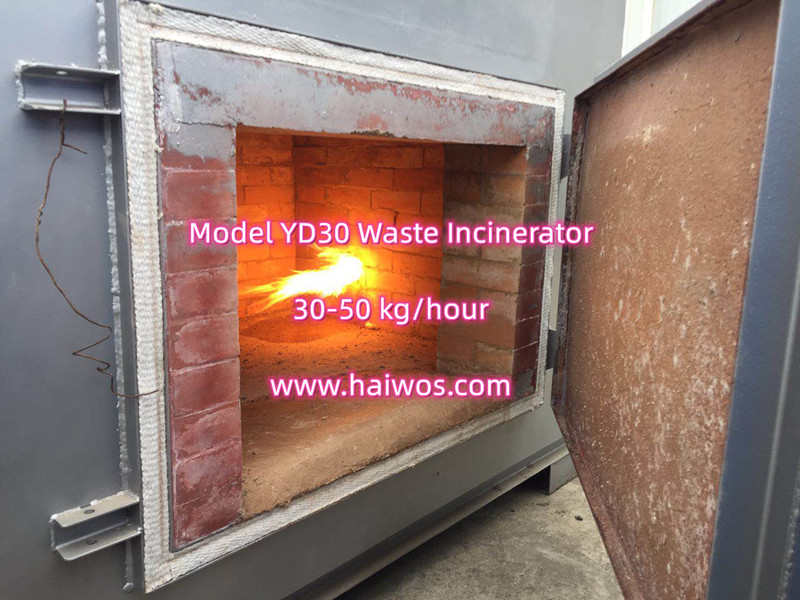Improving Environmental Sustainability with Energy Recovery Incineration in KSA
Saudi Arabia is a country known for its vast oil reserves and energy production. However, with the increasing population and industrialization, the country is also facing significant challenges in managing its waste and ensuring environmental sustainability. Energy recovery incineration is one of the solutions that is gaining momentum in Saudi Arabia to address these challenges.
Energy recovery incineration is a waste-to-energy technology that involves burning waste at high temperatures to produce heat and electricity. This process not only reduces the volume of waste going to landfills but also generates renewable energy, contributing to a more sustainable and environmentally-friendly approach to waste management.
In KSA, waste generation is a significant issue, with an estimated 15 million tons of waste produced annually. The majority of this waste is currently disposed of in landfills, leading to environmental pollution and health risks for nearby communities. Energy recovery incineration provides a viable alternative to landfilling by converting the waste into energy while minimizing the environmental impact.
One of the key benefits of energy recovery incineration is its ability to reduce greenhouse gas emissions. By capturing the heat and energy produced during the incineration process, the technology can help offset the use of fossil fuels for electricity generation, thereby reducing carbon emissions and mitigating climate change.
Additionally, energy recovery incineration can help Saudi Arabia diversify its energy sources and reduce its reliance on traditional fossil fuels. As the country seeks to transition to a more sustainable and diversified energy mix, waste-to-energy technologies can play a crucial role in meeting the growing energy demand while reducing the environmental impact of waste management.
Furthermore, energy recovery incineration can also contribute to the circular economy by recovering valuable resources from waste. Through the proper treatment of waste streams, such as plastics and organic materials, the technology can enable the recovery of recyclable materials and the production of biofuels, further reducing the environmental footprint of waste management.
In recent years, Saudi Arabia has made significant strides in promoting energy recovery incineration as part of its overall waste management strategy. The government has announced plans to invest in waste-to-energy projects and has issued regulations to support the development of such facilities across the country.
As the implementation of energy recovery incineration continues to grow in KSA, it is essential to ensure that the technology is deployed in an environmentally responsible manner. This includes implementing stringent emission controls, conducting thorough environmental impact assessments, and promoting public awareness of the benefits of waste-to-energy technologies.
In conclusion, energy recovery incineration holds great potential for improving environmental sustainability in Saudi Arabia. By reducing waste volumes, generating renewable energy, and mitigating greenhouse gas emissions, the technology can play a crucial role in the country’s efforts to address its waste management challenges and transition towards a more sustainable and diversified energy future. With the right policies and investments, energy recovery incineration can contribute to a cleaner and healthier environment for the people of KSA.



